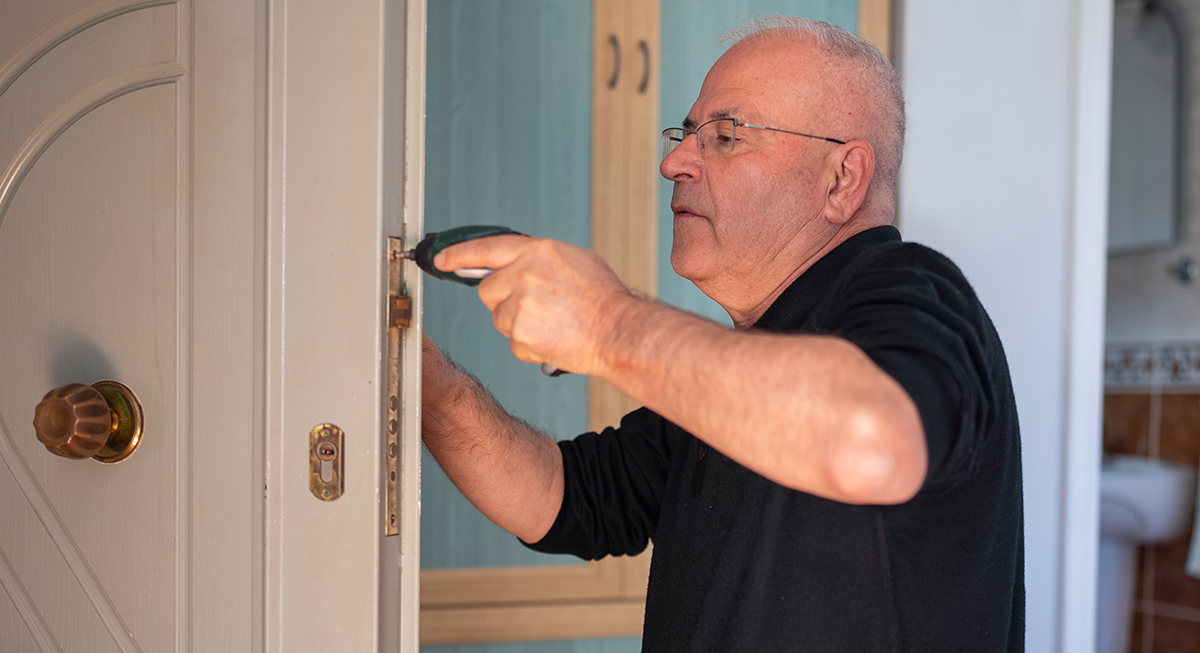 One of my projects this month has been to clean out my filing cabinet. I was so proud of myself for getting my files into some semblance of an order, but now I realize that I've kept way too many things and I need to sort through and shred. But what financial records to keep?
One of my projects this month has been to clean out my filing cabinet. I was so proud of myself for getting my files into some semblance of an order, but now I realize that I've kept way too many things and I need to sort through and shred. But what financial records to keep?
Financial Records to Keep Forever
Not surprisingly, there are some records you shouldn't get rid of, but this list is pretty short. You want to keep records of any paid off mortgages on your home or other property you own. You should also keep inheritance documents, beneficiary forms, and files on retirement or pension plans. (And of course, you want to keep all wills, birth certificates, marriage certificates, etc., but those may or may not fall into financial records.)
Financial Records to Keep While Active
You probably have records of things that are active, but what does that mean?
Well, you'll want to keep any records pertaining to something that is under warranty. That includes the original purchase information and the warranty information, but maybe the warranty requires that you maintain the item in a certain way. You'll want to keep the records of that maintenance as well.
You also want to keep any records of stocks while you own them. I recently had to pull out a fifteen year old investment document when my brokerage didn't seem to have the information on the original purchase price. If I couldn't find that, I would have had to pay taxes as if my original purchase price was $0, and that would have been much more painful. Generally speaking, it's helpful to keep copies of all of your brokerage statements, though many of those can be saved digitally at this point.
If you own your home and are doing regular home improvements and maintenance, you'll want to keep those records while you own the house. These can help you as you are preparing to sell down the road, and may also pertain to warranties mentioned above.
Financial Records to Keep For Seven Years
There are mixed thoughts on how long you need to keep your tax records. The IRS can generally only audit you for the previous three years, but there are some circumstances where they can go back up to seven years, such as if they suspect you underreported your income by 25% or more. Obviously, this shouldn't be an issue, as you should be properly paying your taxes, but I definitely recommend keeping copies for seven years.
Financial Records to Keep for Three Years
If you refuse to keep your taxes for seven years, then at least keep the past three years worth of tax records. Here, you'll also want to keep any paid medical bills, records of property sales, and anything related to capital gains/loss, though most of that also qualifies under tax records.
Financial Records to Keep for One Year
This is where most of my paperwork clutter falls - things that I definitely don't need to keep, but still haven't bothered to get rid of. This includes bank statements, credit card statements, receipts for big purchases, and pay stubs. For example, once you get your W2 and annual Social Security Statement, you can get rid of your pay stubs.
Many of these things are available electronically, but some still end up as paper clutter. And remember, digital clutter is clutter too, so if you've been diligently saving these files, it might be time to clear off your hard drive.
Financial Records to Shred
Here's another area where I run into trouble. You don't need to keep every bill you've paid, especially once the payment has cleared. Your bank statement or credit card payment will be proof of payment. You also don't need receipts of anything past the return and warranty date. And again, many times, these will be available in your online account. I have so many months of past electric bills stashed away that I absolutely don't need to have kept.
How to Get Rid of Old Financial Records
In my opinion, the safest thing to do with all old financial records is shred them. There are too many stories of identity theft or credit card fraud that come from records people have pulled out of the trash. You can buy yourself a cheap shredder, but if you have a lot of records to shred, that might take a while. A lot of office supply-type stores also have shredding services where you pay per pound, and this is something we tend to do. We use the local UPS Store, but I believe you can do this at Office Depot, Staples, FedEx, and other similar stores. Finally, many communities will have free shredding days, where you can show up with whatever you need to shred and have it taken care of for free. Obviously this is the cheapest method but may require you to hang on to your discard pile for a bit of time.
Read More:









